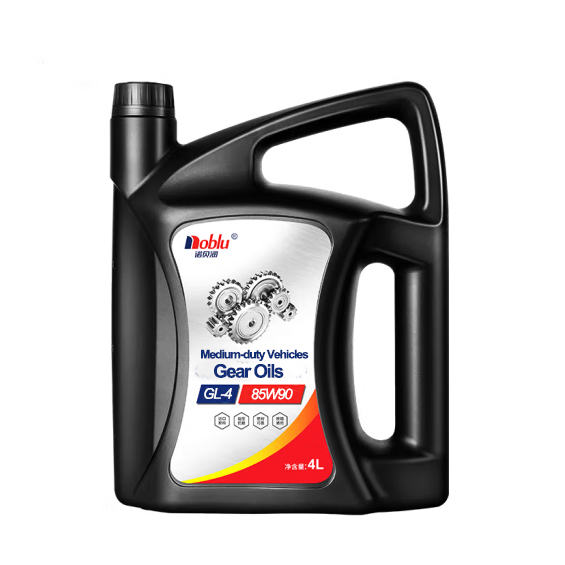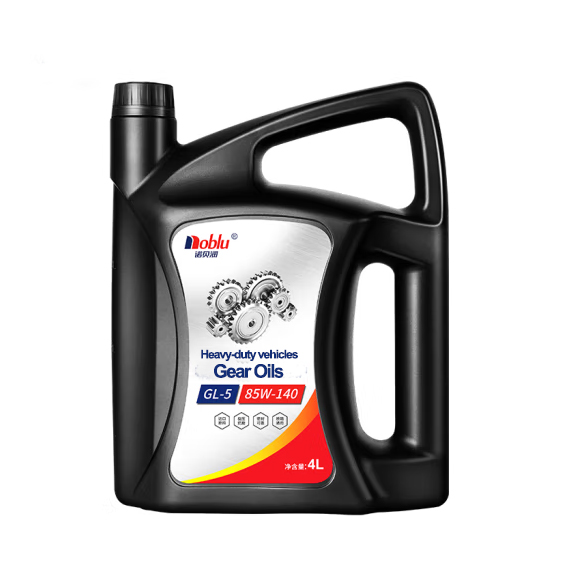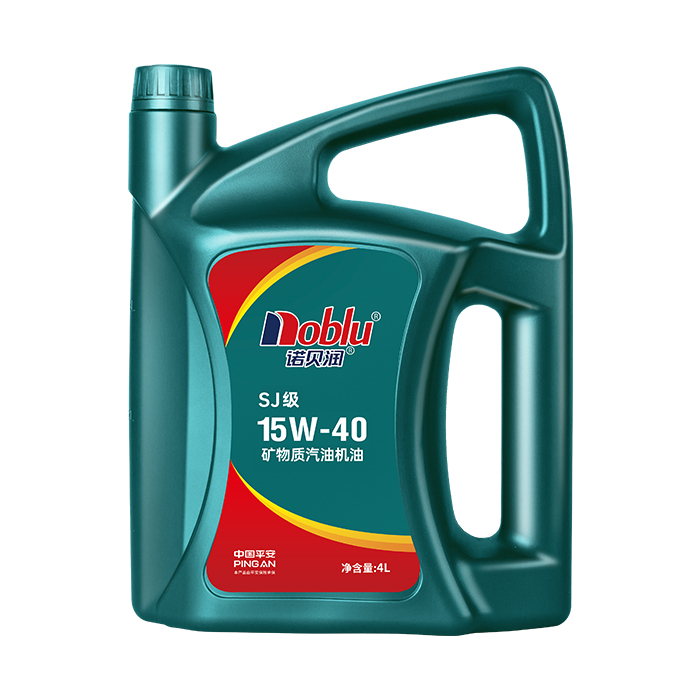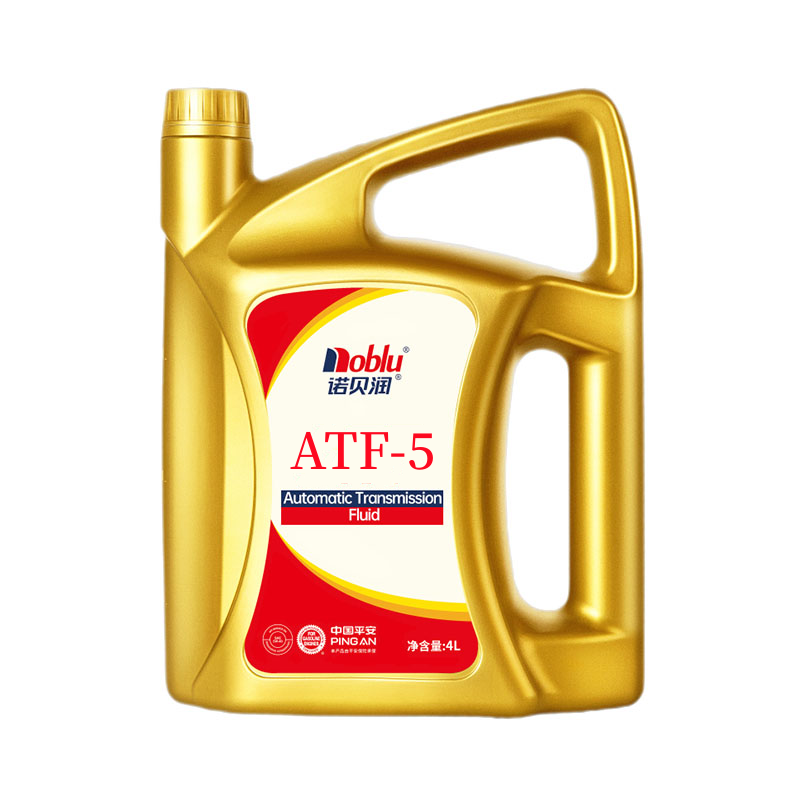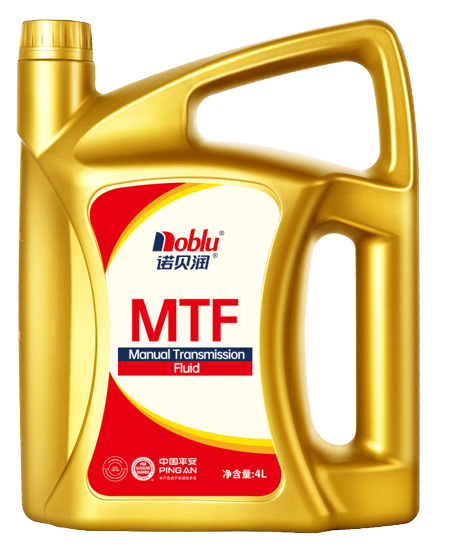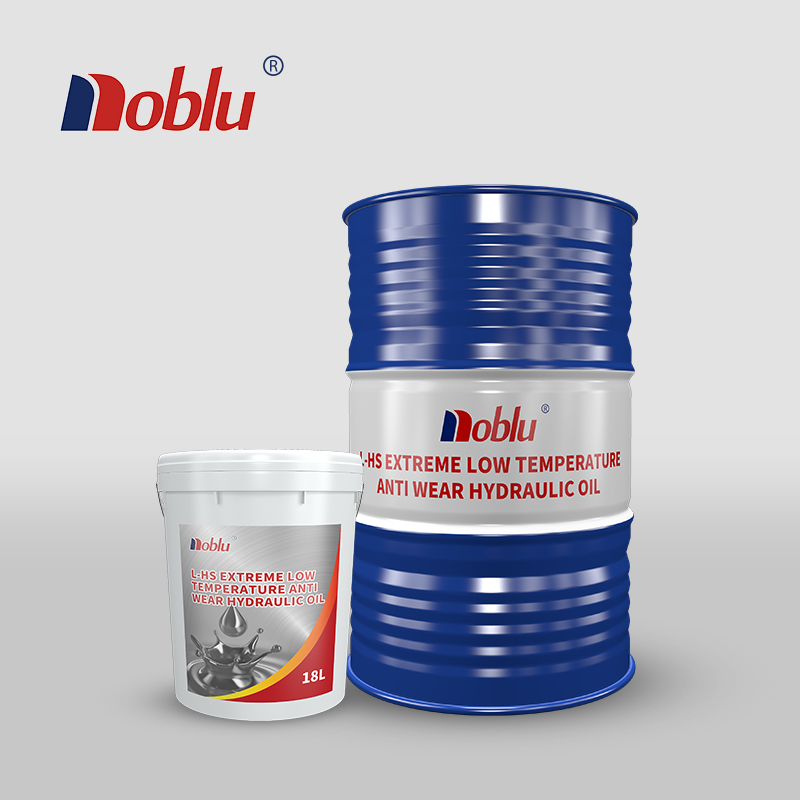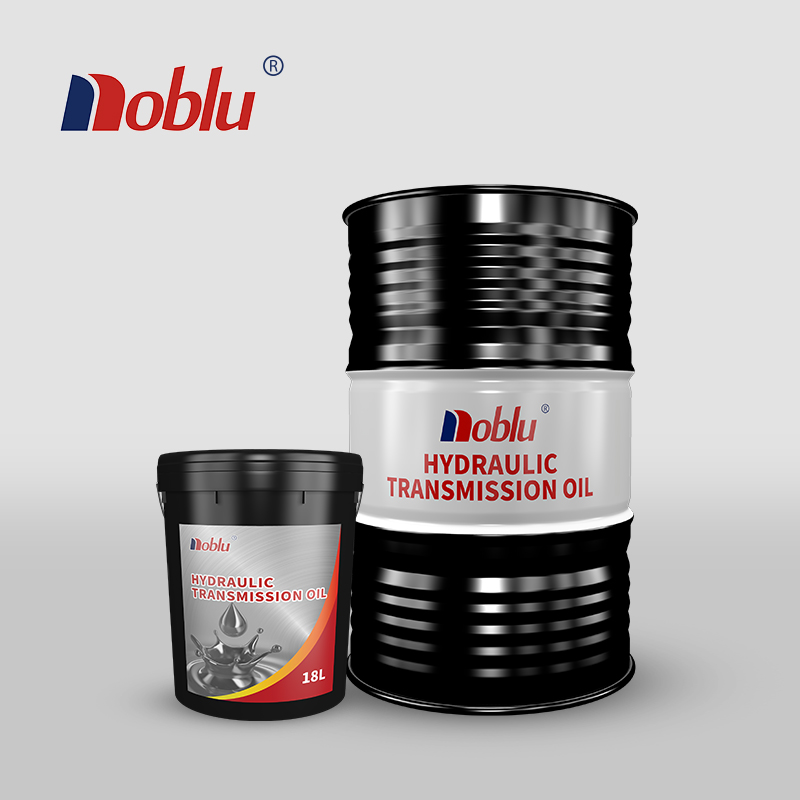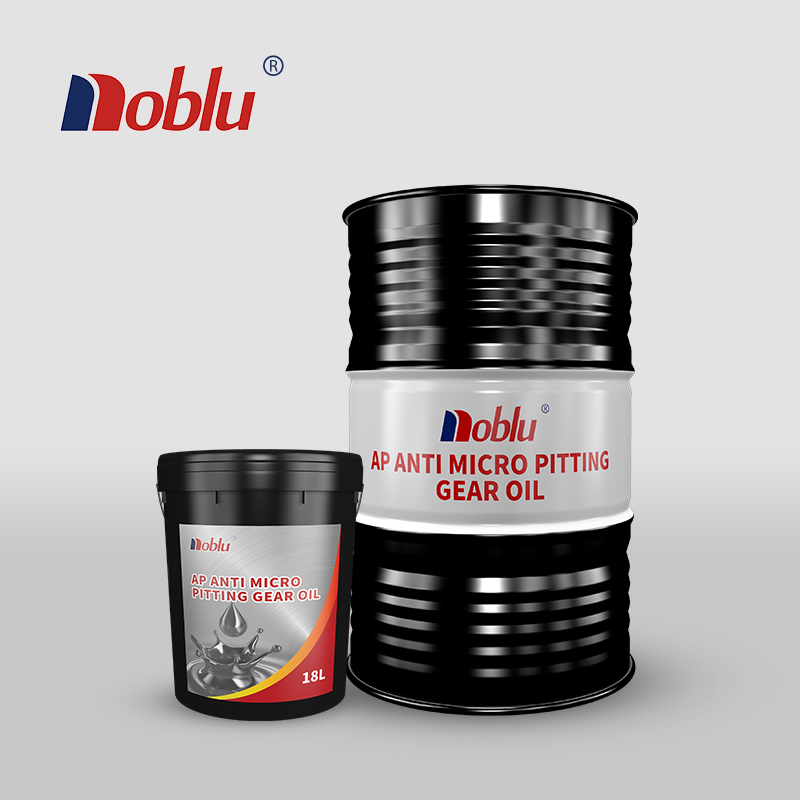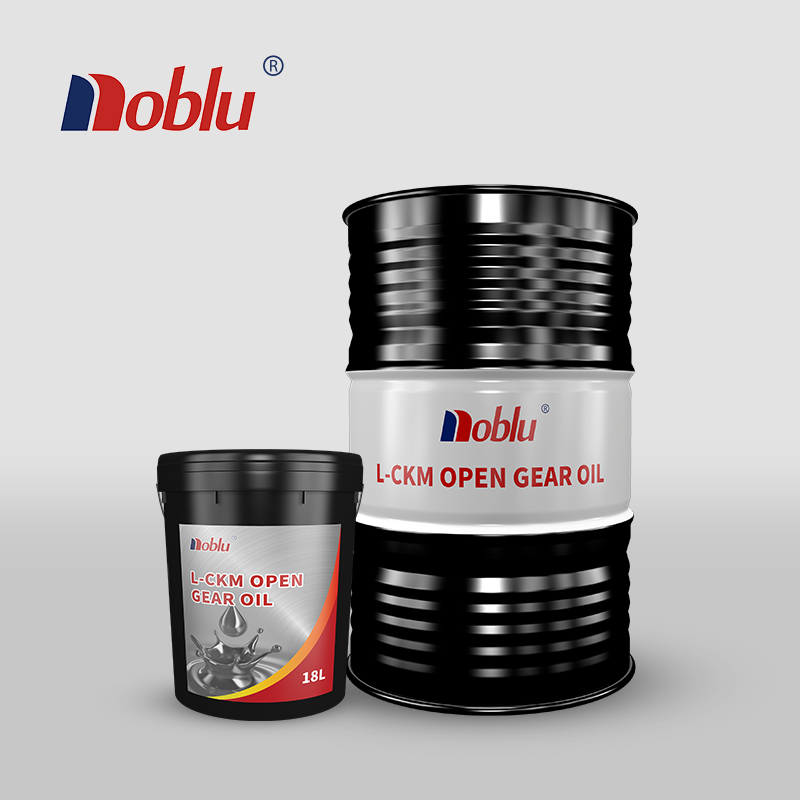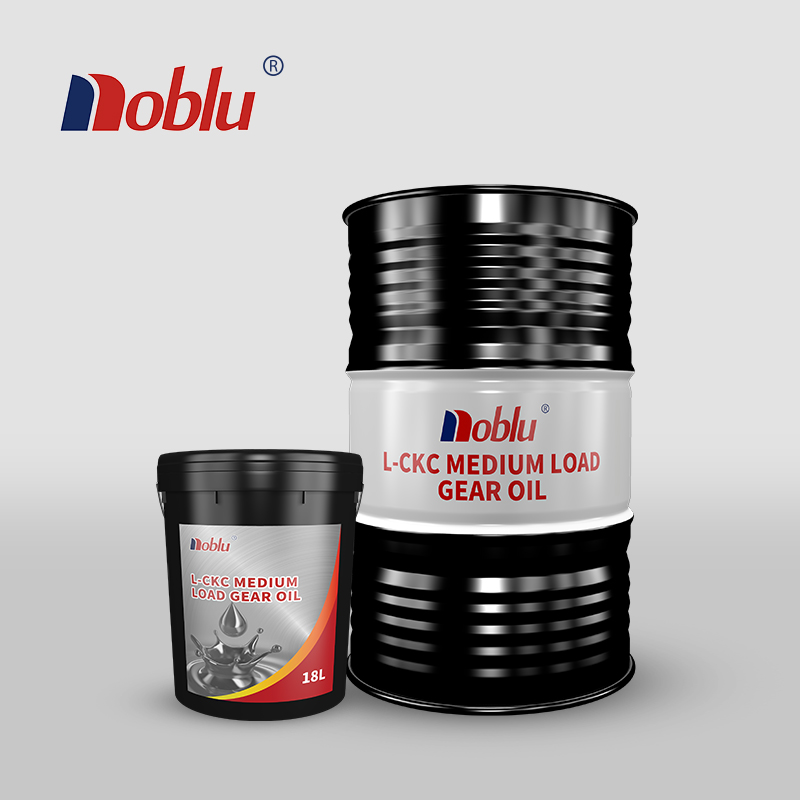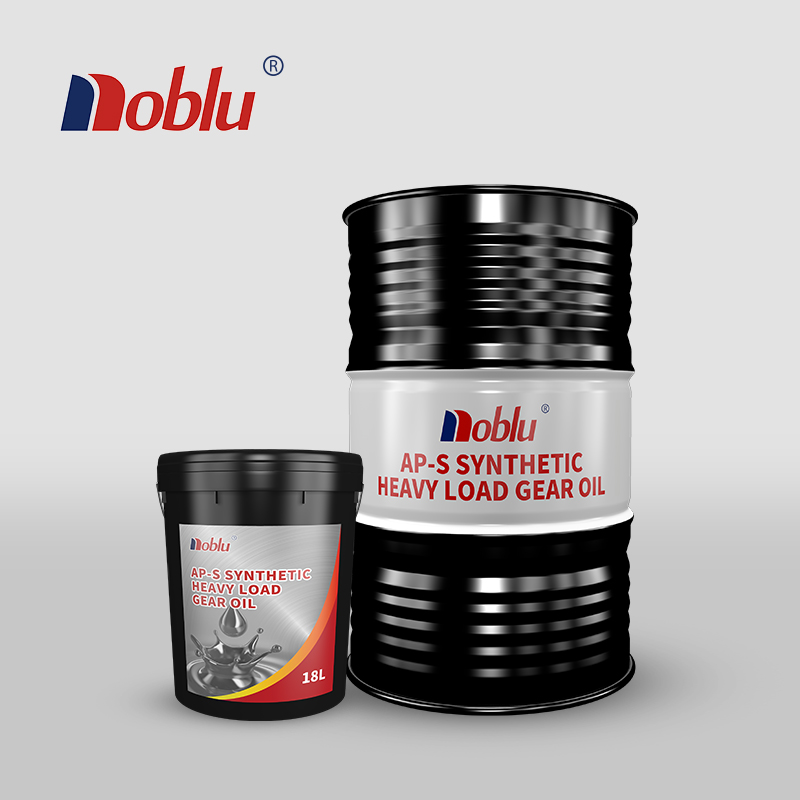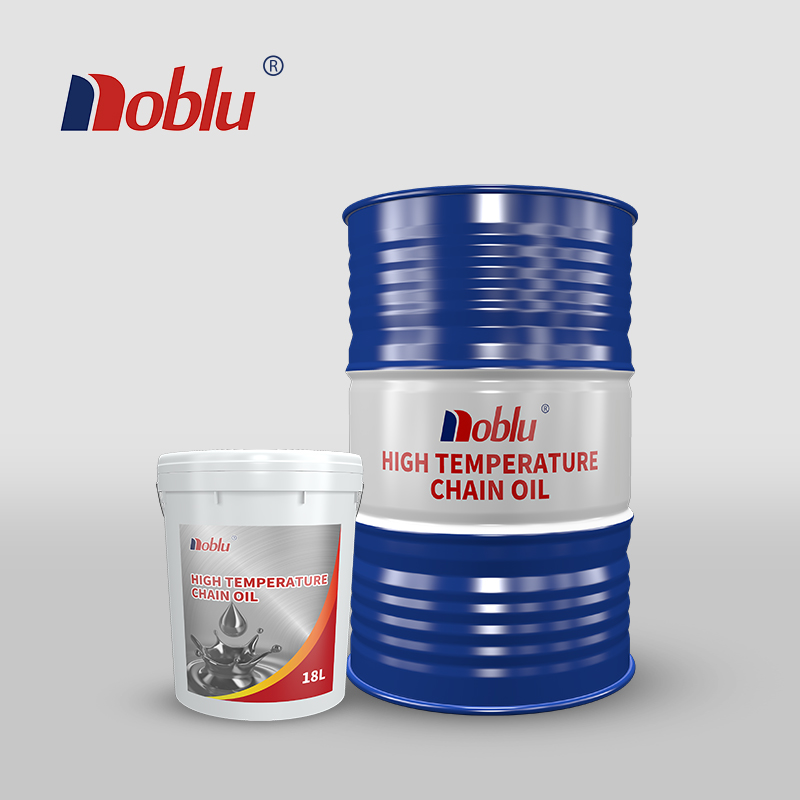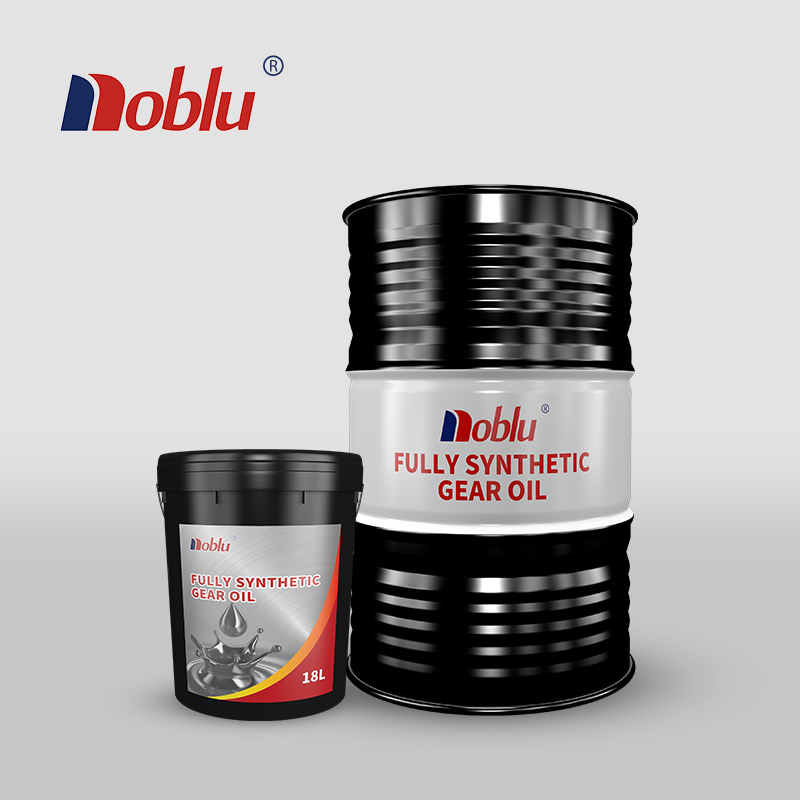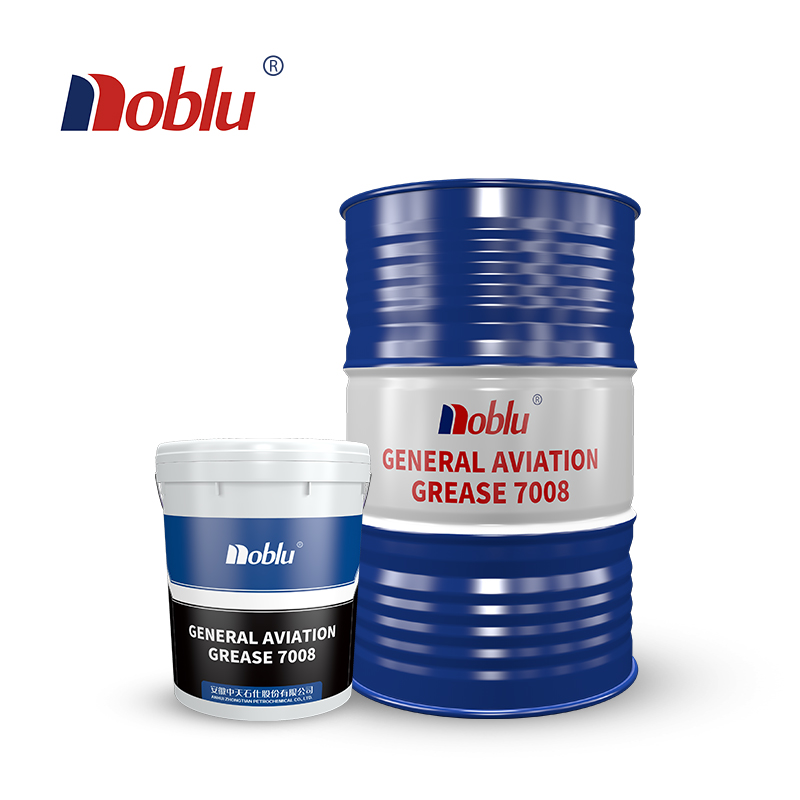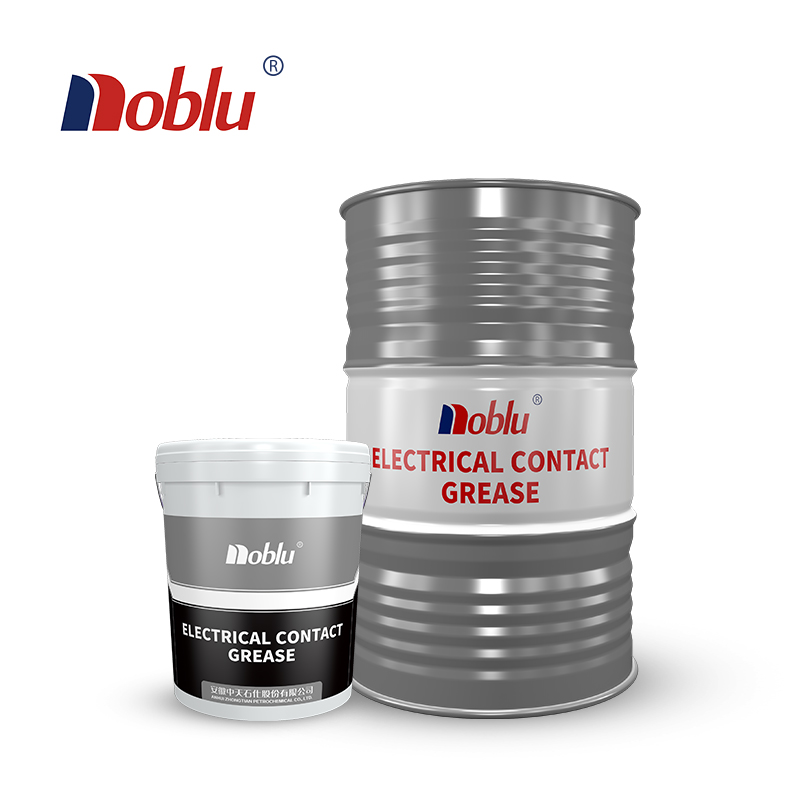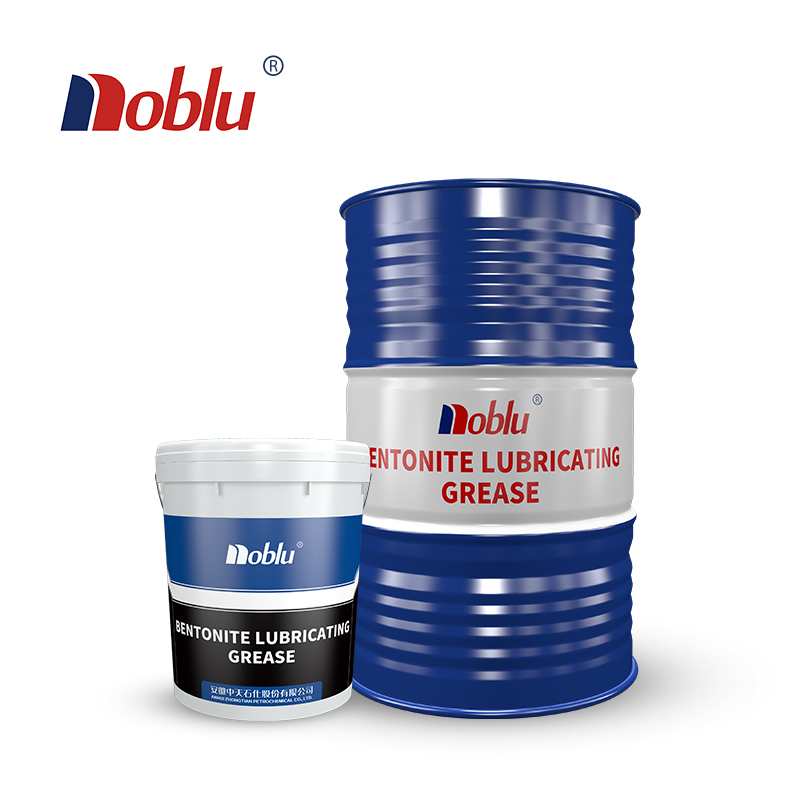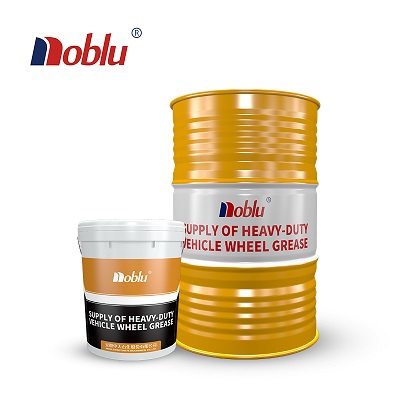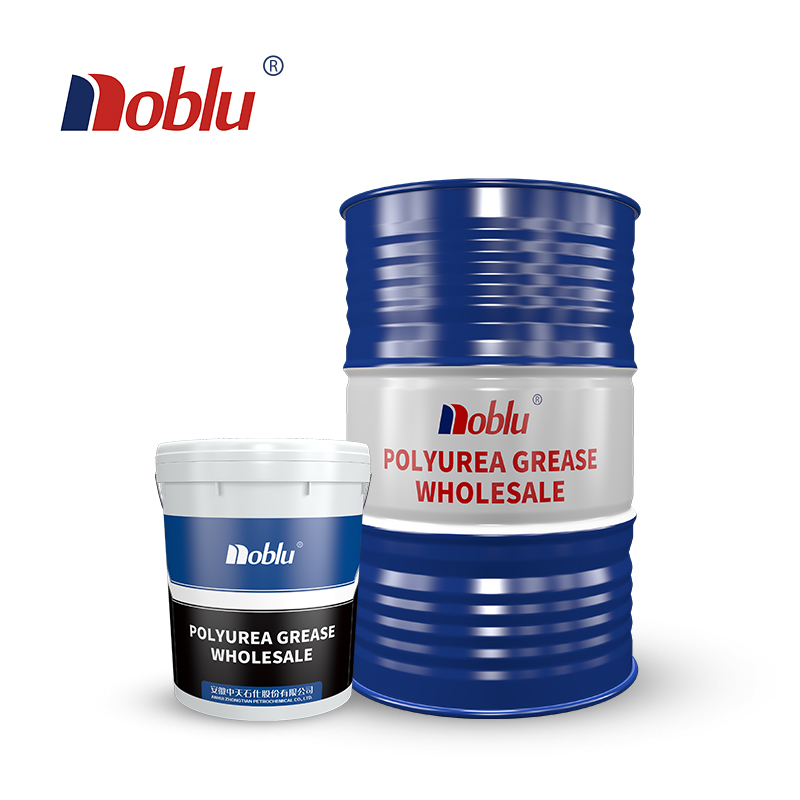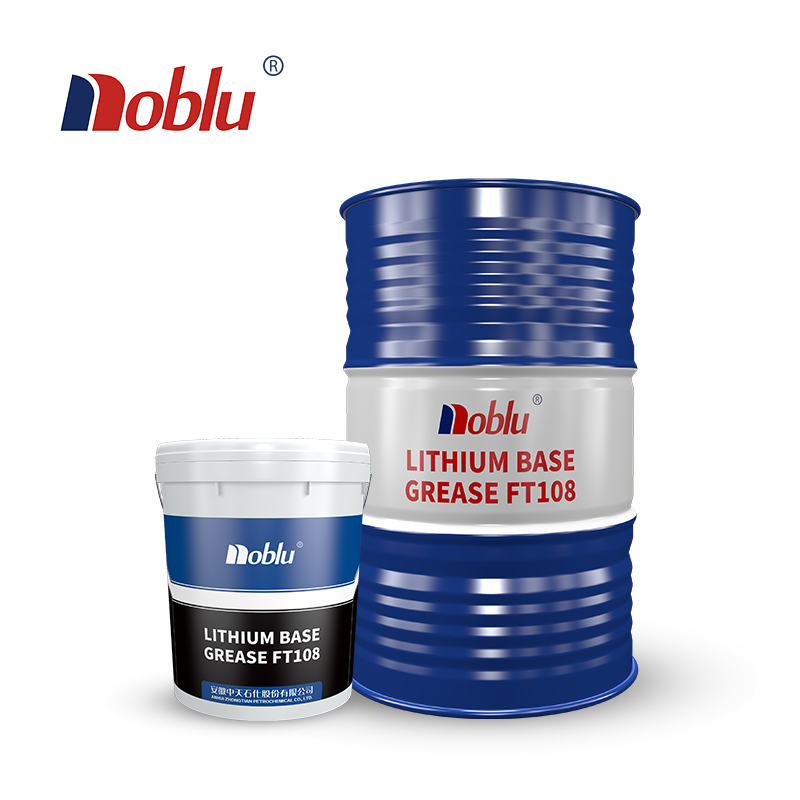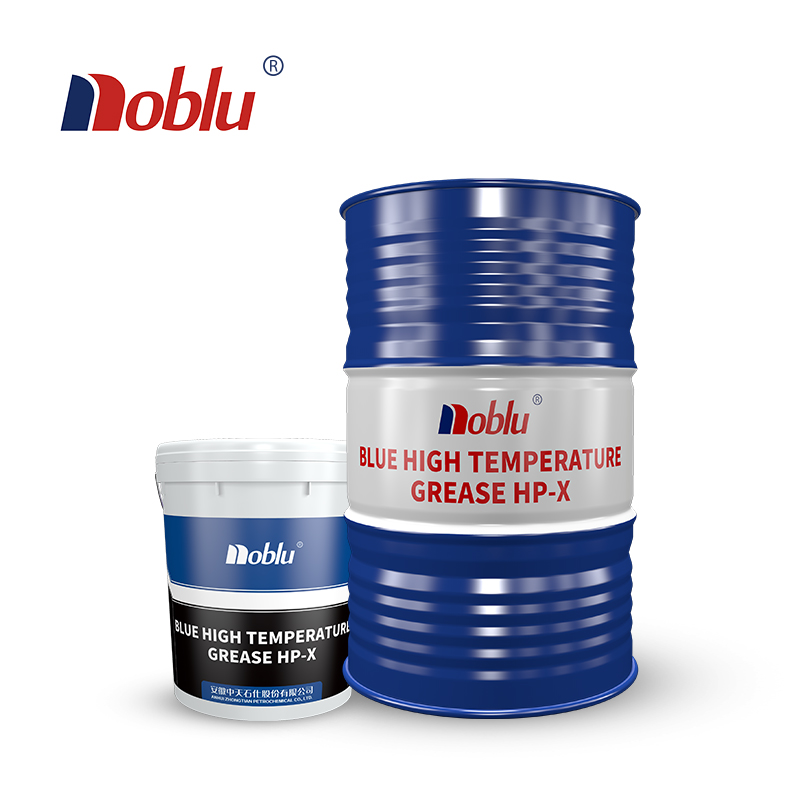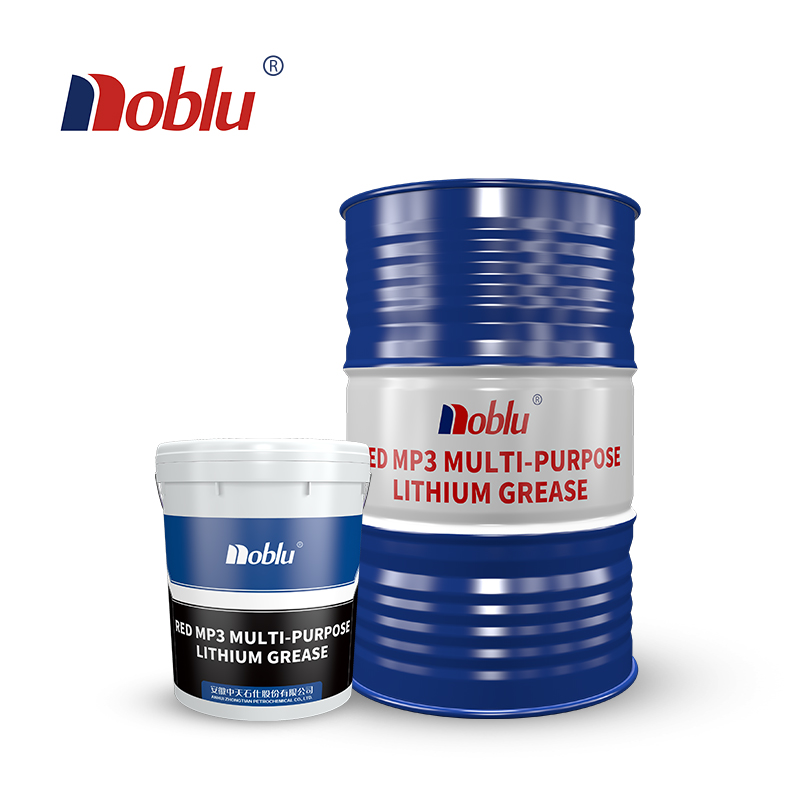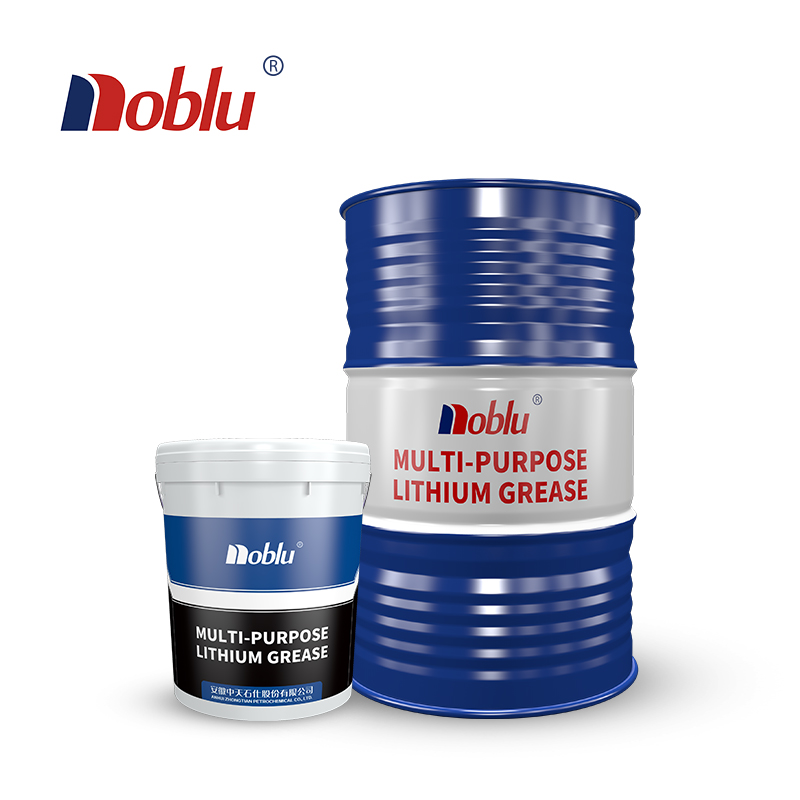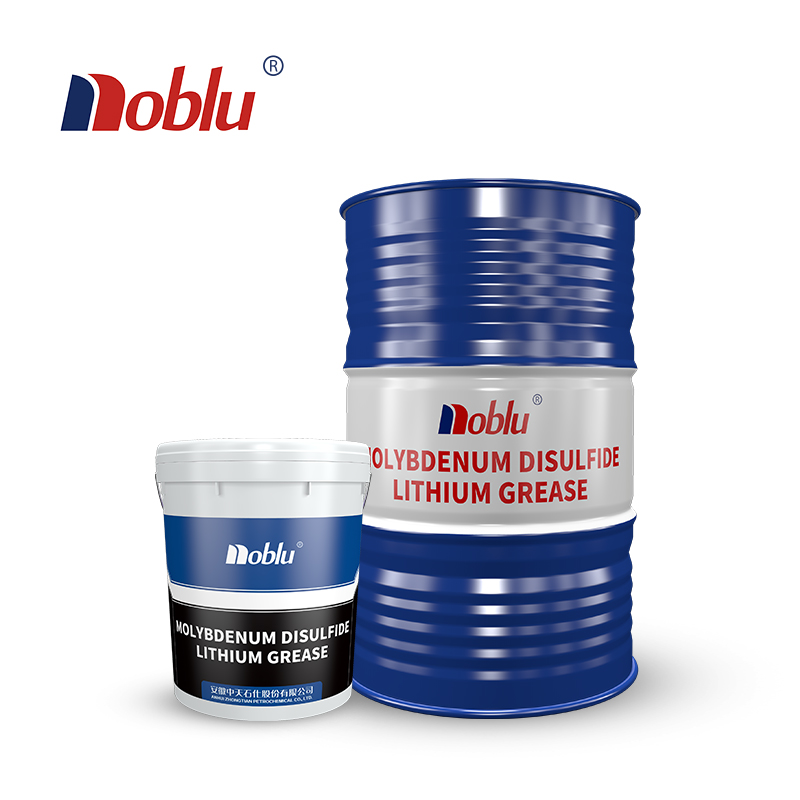Keeping your vehicle's engine properly lubricated is crucial for its overall performance and longevity. While adding engine oil from a different brand is generally acceptable, it is important to understand the key considerations involved to ensure compatibility, meet specifications, and safeguard your vehicle. This article will provide a more detailed overview of the important factors to consider when adding engine oil from a different brand.
- Compatibility Between Brands: Different brands of engine oil may have varying formulations and additive packages. It is essential to ensure compatibility between the existing oil in your engine and the one you intend to add. Mixing incompatible oils can lead to chemical reactions or reduced performance. To be safe, it is recommended to use the same brand or seek advice from a trusted mechanic or the oil manufacturer.
- Adhering to Manufacturer Specifications: Consult your vehicle's owner manual or contact the manufacturer to determine the specific engine oil specifications required. This includes viscosity grade (e.g., 5W-30, 10W-40), performance standards (such as API, ACEA), and any manufacturer-specific recommendations. Ensure that the engine oil you plan to add meets all these requirements to maintain optimal engine performance and protection.
- Viscosity Grade: Viscosity refers to an oil's resistance to flow at different temperatures. The recommended viscosity grade is determined by the vehicle manufacturer based on the engine design and operating conditions. Choosing the wrong viscosity grade can result in inadequate lubrication or excessive friction. Always use the viscosity grade recommended in the owner manual or consult with an expert if you are uncertain.
- Quality and Additive Package: Consider the quality of the engine oil you plan to add. Look for reputed brands that meet industry standards and certifications. Additionally, pay attention to the oil's additive package, which enhances its performance and protects against wear, corrosion, and oxidation. Ensure that the oil you select contains the necessary additives as specified by the vehicle manufacturer.
- Warranty Implications: If your vehicle is under warranty, using engine oil that does not meet the manufacturer's specifications may void the warranty. To protect your warranty coverage, adhere to the recommended oil type, viscosity grade, and any other requirements mentioned in the warranty documentation. When in doubt, consult with the manufacturer or authorized service centers for guidance.
- Consider Seeking Professional Advice: If you are unsure about selecting the right engine oil or have specific concerns related to your vehicle, it is advisable to seek professional advice. Experienced mechanics or technicians can provide expert recommendations based on your vehicle's requirements and specific conditions.
Adding engine oil from a different brand can be acceptable if you consider compatibility, adhere to manufacturer specifications, ensure the proper viscosity grade, and prioritize quality and additive packages. Additionally, be cautious about any warranty implications. By following these important considerations and seeking professional advice if needed, you can maintain optimal engine performance, protect your vehicle, and prolong its lifespan.
Synthetic engine oils have several advantages over conventional mineral oils:
Better lubricating performance: Synthetic engine oil is composed of finely manufactured base oil and high-quality additives, with a more stable molecular structure. This enables it to provide better lubrication performance at different temperatures, reduce friction and wear, and protect engine parts.
- Strong temperature stability: Synthetic engine oil can maintain a stable viscosity under high temperature conditions and is not easy to thin. This means that the engine oil is able to effectively lubricate the engine and maintain its performance even under extreme operating conditions.
- Strong anti-oxidation performance: Synthetic engine oil has excellent anti-oxidation performance, can effectively resist oil aging and oxidation, and prolong the service life of engine oil. This helps reduce the formation of carbon deposits and deposits, keeping the engine interior clean.
- Easier cold start: Synthetic engine oil has a lower freezing point and better fluidity at low temperatures, making it easier to start the engine in cold weather. This reduces engine wear and fuel consumption.
- Long-term protection: Synthetic engine oil provides long-term engine protection due to its greater stability and durability. This means long replacement intervals, savings on maintenance and long-lasting protection for the engine.
Overall, the advantages of synthetic engine oils lie in their superior lubricating properties and stability, which can provide better protection for the engine, prolong its life, and improve the performance and fuel economy of the vehicle. However, it is still advisable to refer to the vehicle manufacturer's recommendations and requirements for selecting the appropriate engine oil.







